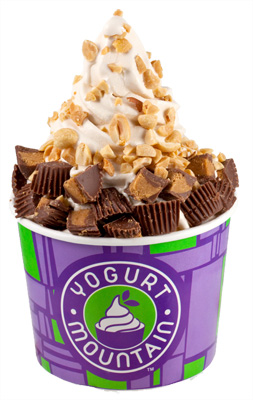What is Polysorbate 80 doing in my food?
Polysorbate 80 is typically used an emulsifier, allowing a food manufacturer to blend oil and water without separation.
In what foods can I find Polysorbate 80?
Common use
Polysorbate 80 is found in pudding cups, those not-quite-dairy, not-quite-frozen concoctions that make their way into home-packed school lunches. Its role here is to disperse artificial sweeteners and flavors throughout the gelatin-like substance.
Additional uses
- In canned pickles to disperse flavoring and artificial coloring.
- An emulsifier in whipped dessert toppings, so that Ready Whip stays Ready all the time.
- In barbecue sauce so that natural and artificial colorings spread evenly.
- A defoaming agent in the production of some cottage cheese.
(Reference: Encyclopedia of food and color additives, Volume 3, by George A. Burdock).
How is Polysorbate 80 made?
There are other classes of Polysorbates, like 20, 40, 60 … and they have different roles as additives. I’m going to focus on Polysorbate 80, which is derived from polyethoxylated sorbitan and oleic acid.
Here’s a technical explanation:
Polysorbate 80 is basically an organic compound of acids and alcohols (esters) of a combined molecules (copolymer) of glycerin (a sweet syrupy alcohol) and a polyhydric alcohol (a radical attached to a petroleum product). A radical is an atom that contains 1 or more unpaired electrons causing it to be highly reactive in most cases. These esters are produced by reacting the copolymer with a carboxylic acid or carboxylic acid donating compound. The acid radical donated is a fatty acid radical.
Did you get all that? Didn’t think so. Let’s not dwell on it.
Though it can be sourced naturally, production of Polysorbate 80 is a complex chemical process. It’s made in an industrial laboratory, not a kitchen.
Are there any health risks associated with Polysorbate 80?
Some people are allergic to Polysorbate 80, and it may cause additional problems for Crohn’s Disease sufferers, but the additive is not believed to be carcinogenic. Studies over the last 20 years with rats have not uncovered any adverse effects, so if you’re a rat dining on large volumes of Polysorbate 80, there’s not much to worry about.